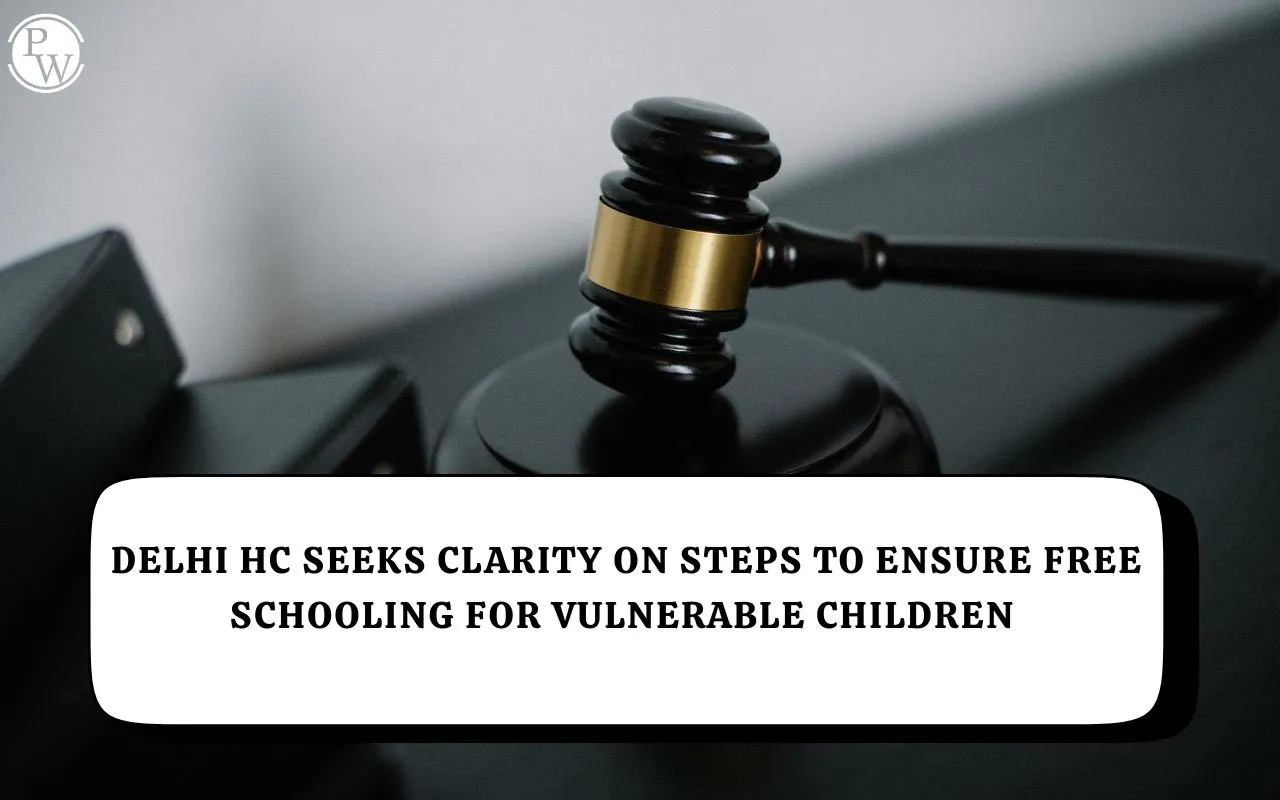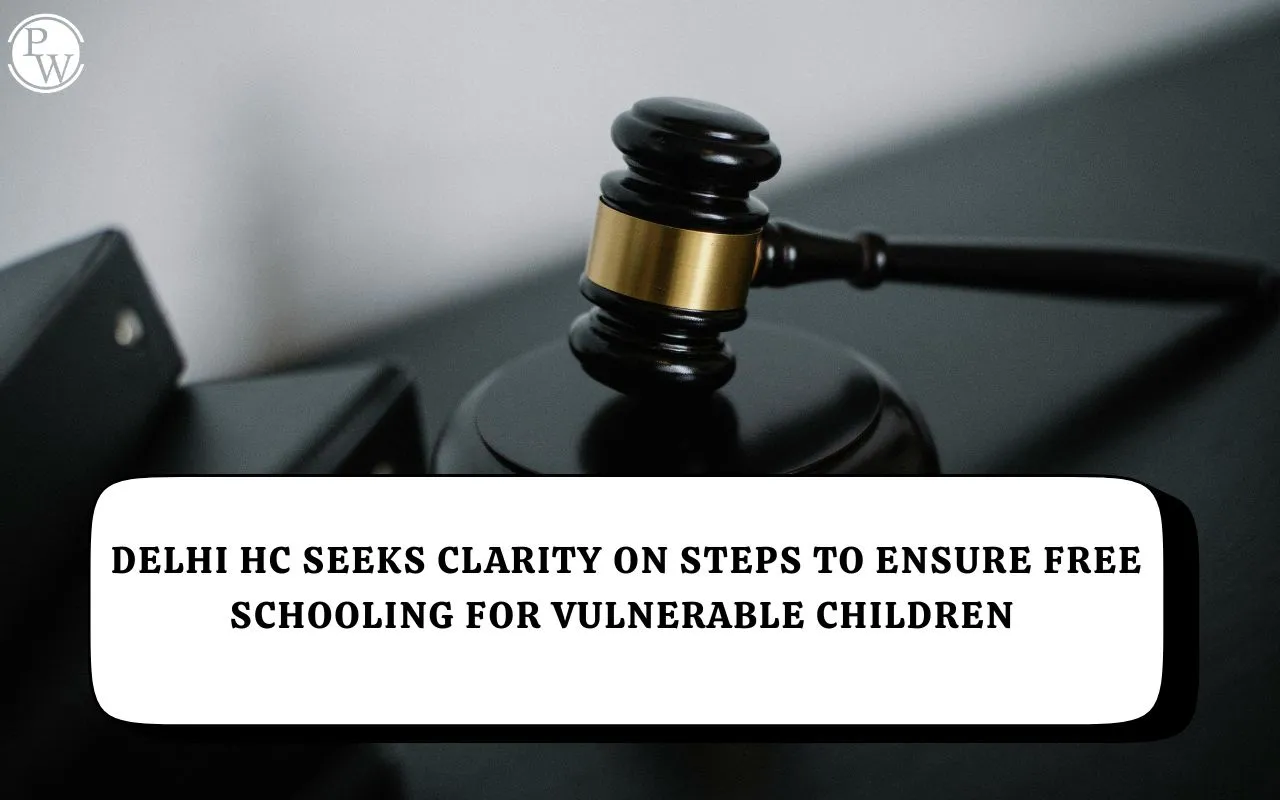

The Delhi High Court has sought an explanation from the Delhi government and the Municipal Corporation of Delhi (MCD) on how they are fulfilling their obligation to provide free and compulsory education to children up to 14 years of age under the Right to Education (RTE) Act.
The court has also asked both authorities to specify what steps are currently being taken to bring children of beggars, homeless families, and migrant workers into the regular school system, along with plans to expand these initiatives. The matter was heard by a bench of Chief Justice Devendra Kumar Upadhyaya and Justice Tushar Rao Gedela in response to a public interest litigation (PIL) filed by the organisation ‘Justice for All’. The Delhi government, MCD, and the Delhi Commission for Protection of Child Rights (DCPCR) have been named as respondents in the case.
Begging Chidlren Cannot be Left out of the State’s Educational Framework
During the proceedings, the bench observed that children who live on the streets or are pushed into begging cannot be left out of the state’s educational framework. The judges underlined that the Constitution and relevant laws place a clear responsibility on the state to provide free education to all children, and that Article 21-A firmly establishes this as a fundamental right for those aged 6 to 14.
The bench further noted that central laws and the Delhi Primary Education Act give the government and local bodies the authority to ensure that every child—irrespective of social or economic background—receives schooling. For children from disadvantaged families, the state is required to offer free and compulsory education.
High Court Directed the Authorities to file a Comprehensive Status
The High Court has now directed the authorities to file a comprehensive status report detailing the measures already taken and the road map ahead to secure educational access for children in vulnerable circumstances.
